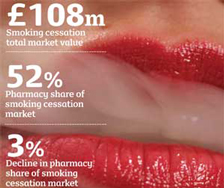Dispensations – Making record-keeping easier
Dispensations – Making record-keeping easier
If you are an employer then you will recently have had to submit your P11D forms, showing any expense payments and benefits paid to yourself and your employees.
A form P11D declares to H M Revenue & Customs details of any payments (other than those taxable through the company’s payroll) made to or on behalf of an employee, such as travel expenses, payment of medical insurance for an employee, reimbursement of expenses paid by an employee while on company business. Any item shown on the P11D is then declared by the employee on his/her tax return and the employee can make a claim to deduct any amount that was incurred in the performance of the duties of employment, so that the amount is not taxed.
Where an employer pays expenses on which no tax is charged, because the employee is able to claim a deduction on the basis that the expense was for business, there can be a way to simplify this process.
The employer may be able to obtain a dispensation from HMRC; this is a notice that removes the requirement for the employer to report certain expenses on the forms P11D, on which it is agreed that no tax charge arises. The employee then does not show those expenses, or make the associated claim, on his/her tax return.
The main expenses routinely covered by a dispensation are:
- travel, including subsistence costs associated with business travel
- fuel for company cars
- hire car costs
- telephones
- business entertainment expenses
- credit cards used for business
- fees and subscriptions
In order for HMRC to grant a dispensation, the employer must have an independent system in place for checking and authorising expense claims, so that HMRC can be satisfied that only those expenses covered by the dispensation will be left off the forms P11D – any expenses not covered must still be shown.
This system generally means having someone other than the employee who is claiming the expenses checking that the:
- amount claimed is correct
- claim only includes items covered by the dispensation
If it is not possible to operate an independent system for checking and authorising expenses claims – e.g. because you are the sole director of your company and you have no other employees – a dispensation will only be given if:
- all expenses claims are supported by receipts for the expenditure
- it can be demonstrated that the claim relates to expenditure that can be covered by a dispensation
You can apply for a dispensation using HMRC’s online form by following the link at: http://www.hmrc.gov.uk/paye/exb/schemes/dispensation.htm#1 or by post. In either case, HMRC aims to respond within 15 working days. Alternatively your accountant will be able to handle the application for you.
In either case, you will need to supply details of the types of expenses and benefit payments to which you want the dispensation to apply.
You can apply for a dispensation at any time. In general, a dispensation takes effect from the date on which it is issued by HMRC ; however, HMRC may agree that your dispensation can take effect from the beginning of the tax year in which you applied for it.
Once granted, dispensations last indefinitely. However, HMRC reviews them regularly (usually at intervals of five years or less) to make sure that the conditions under which they were issued still apply.
PAYE Settlement Agreements (PSAs)
A PSA is an arrangement with HMRC whereby employers can settle the tax/NIC liability of their employees on three types of items – minor items, irregular items and items on which it is impractical to operate PAYE. Commonly, PSAs will apply to the tax due on the benefit arising on a staff party or outing, where the employer does not wish the employees to bear the tax, but other examples include a present for an employee, the cost of a spouse accompanying an employee on a business trip or on a benefit shared by several employees (such as non-business taxi fares) where it is impractical to attribute the cost to any one person.
The employer applies to HMRC giving details of the expense to be covered; if HMRC agree, the employer submits a calculation of the PSA payment – this is made up if the tax on the expense, grossed up to include the tax due from the employee for having his/her liability paid by the employer, plus Class 1B NIC.
An application for a PSA for a particular tax year can be made at any time during the tax year or even after, but HMRC’s agreement must be obtained by 6 July following the end of the tax year. The tax is due for payment on 19 October after the end of the tax year to which the PSA relates.
If you would like further information on dispensations or PSAs speak to your professional adviser.
Disclaimer
Umesh Modi BA ACA, is a Chartered Accountant and Tax Advisor, and a partner at Silver Levene (Incorporating Modiplus+). He can be contacted on 020 7383 3200 or umesh.modi@silverlevene.co.uk


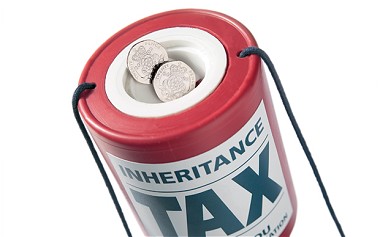
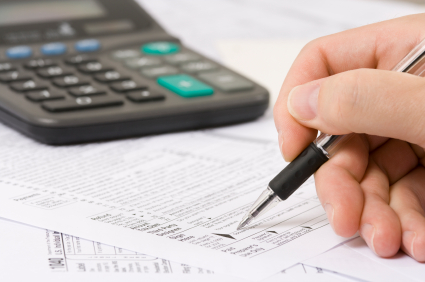
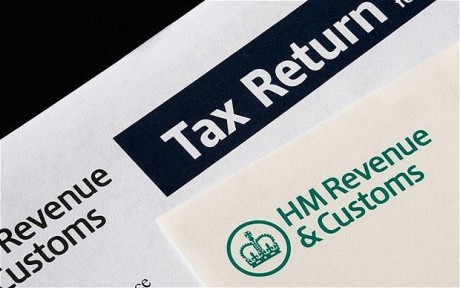

 There is no simple answer to this question because different types of record are covered by different types of legislation, as shown by the following summary:
There is no simple answer to this question because different types of record are covered by different types of legislation, as shown by the following summary: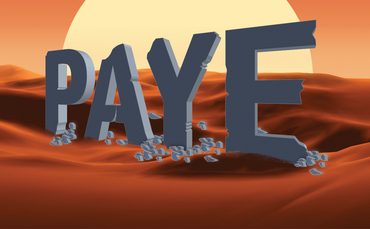
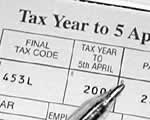

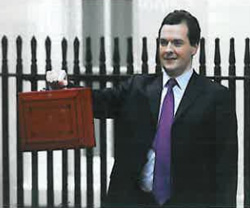
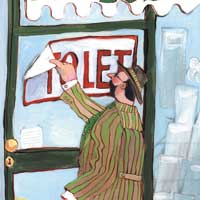

 Buscopan Cramps
Buscopan Cramps Dulcobalance
Dulcobalance
